I do on occasionally call people racist.
I do sometimes call people out on their assumptions about race, classifications and bias. A couple of years ago I found myself at the trans-forming feminism conference at SUNY New Paltz getting very angry at the things the panel was saying. I knew many of the panel members because they lived with my farmer.

They were a progressive lot of vegans, vegetarians, activists, artists and though most of them were straight or bi they were active in the intersection of feminism and queer culture. When I first visit their house, one street removed from Main Street Poughkeepsie, a ghost town of blacks and West Indian immigrants, I remarked to my friend that I bet her housemates got a kick out of living so close to the black part of town, and about a year later she told me it was true.
(These people, who had offered me such hospitality and who lived with my friend, ethnically Filipino, were angry and upset about the prevalence of white leadership in the queer community and they were saying that they'd tried to get non-white panelists and leadership, but no one came forward, and if the issue arose next year and still went unresolved they might not continue being active in the conference, or some such thing. I grew very angry in turn that they would assume that their white audience lived in the same white world, and called them on it. Do You Hang Out With White People, Mostly? I asked them. Do You Assume The Rest Of Us Do, Too? I told them how offended I was, because some of my best friends and ex lovers were not white, because I had real relationships with people across those demarcations, and because of my white skin color they were assuming otherwise about me, about all of us. It was real fun.)
Ethnos. def: (1)an ethnic group. (2) people of the same race or nationality who share a distinctive culture
The submissions for the Ethnos issue span a range of ethnic and racial identities and situation. Some are better than others, of course. What makes me feel uneasy is a certain intensity I feel in the reading process concerning what "counts" as Ethnos or whose story is telling us "something new." One of the editors remarked how exciting it was to be receiving so many submissions that were different from us.
Tell us something new. Yes, that is a story. But when you solicit what is different from you for entertainment, when you rank it on its newness and its degree of otherness from what you see yourself as, you skirt a dangerous line. Do you like that piece because it's well written and the dialogue is snappy? Or do you like it because it's about people whose skin is a certain color, people who live in poverty you will never know even if you can't pay your student loan bills, people whose life experiences you feel do not mirror your own?
My attitudes and feelings toward race are one of the many things I have to thank Vassar for. I grew up in an all-white suburb of Boston where "inner city" kids were bussed to our public schools from failing, crumbly Boston schools. As a graduate student many years later I worked in one of those schools {in South Boston, where the Irish population met the integration buses with rocks, and whose entrenched population of lower class Irish-Americans are being met by an influx of Vietnamese immigrants and wealthy white gentrification}. I consider myself fortunate to have gone to college in a town that had so many interesting ethnic enclaves, and to have befriended people who are not "like" me in those ways. I think I feel some of the same dis-identification and dis-orientation they feel with mainstream white American culture. That's not my life and my choices and my experience reflected on your television. And it's fine, really, except I disengage from a lot of media and want my stories and writing and reading material to be about More than a lot of stories tend to address.
I don't think we have the power to say what is new or different with such a qualitative voice. What's new to me may not be new to you. I don't want a scale ranking whose authentic experience bests whose, whose imagined conflict between whiteness and nonwhiteness covers more new territory. As an editor it's a rough decision because I have to pick and choose. I could stand up as I did in that conference room and tell them that our whiteness is not a uniform blanket and if they desire more or different cultural experiences, to go out into the world and make more friends. Why should we get to decide whose voice is hot or new or most compelling?
Are we even a "we"?
Who gets to write whose experiences? Who gets to control? When we choose to read or write these kinds of difficult stories what are we saying?
I came to the kitchen from the academy and sometimes I feel like I need to go back, back out of the real world and into the bookishness. I've been feeling that pull a lot lately. I could be reading obscure essays and writing critical studies of current queer and trans fiction, the L word, what have you. I could be teaching a room full of eighteen year olds obtuse theories. But that room and that life became a promise of someday and when-I'm-published-and-esteemed and I came down from that world and fell into kitchens. And you can't stay in kitchens unless you are Doing and Doing and Thinking get all up in each other's way. I'm all up in my head these days and I'm not sure why or how to come back down. Things are best at home when I'm baking, and when the thing is in the oven and I can come back to the computer and work with words. Maybe because those spaces are fluid and there is no need to move awkwardly among roles, I'm doing and then I'm writing, and when I'm stuck over a scene or sentence there is the timer to distract me. How to move in and out of worlds, how to cross boundaries and borders, how to slip past guards and guardedness, how to occupy illicit spaces, do I always have to be so queer?
Bring me back down, Out of the cloudedness. Give me a persimmon, a yuzu, tell me it'll be okay.
.jpg)










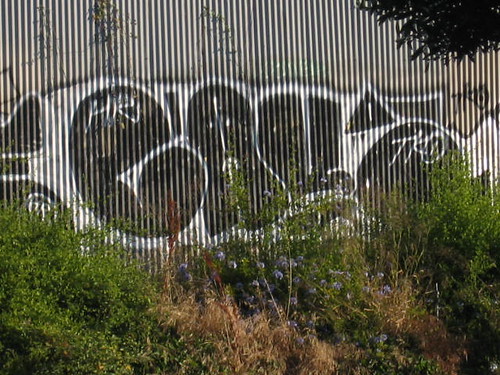
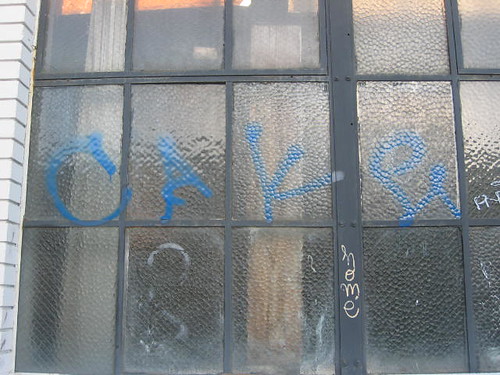
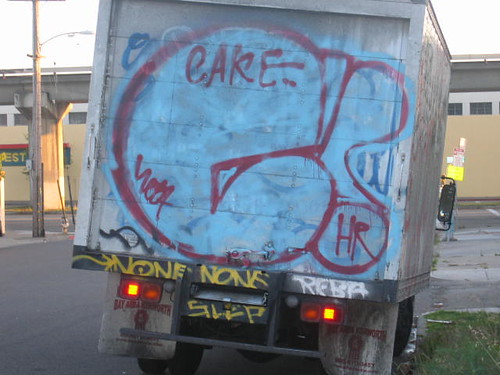
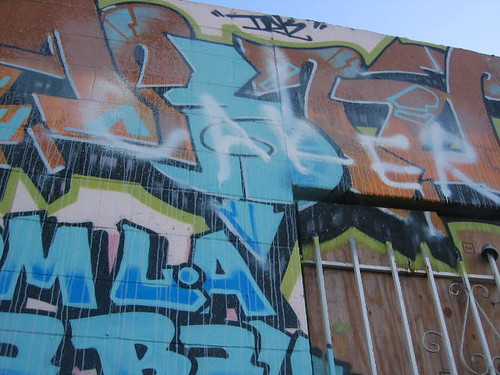
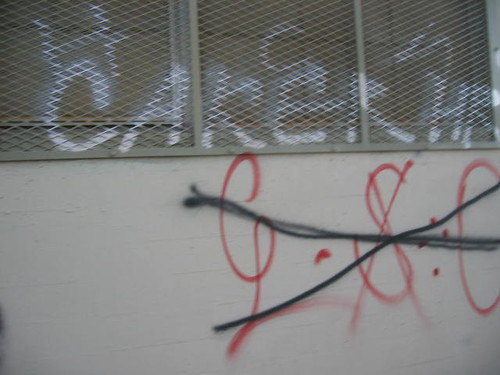
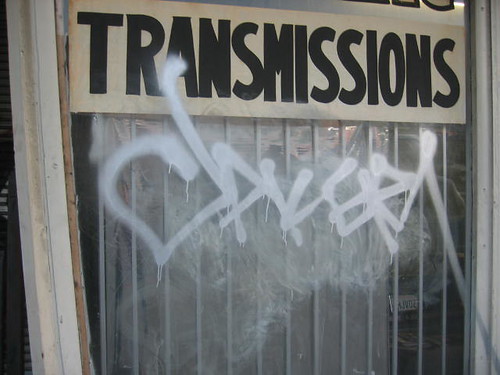

No comments:
Post a Comment